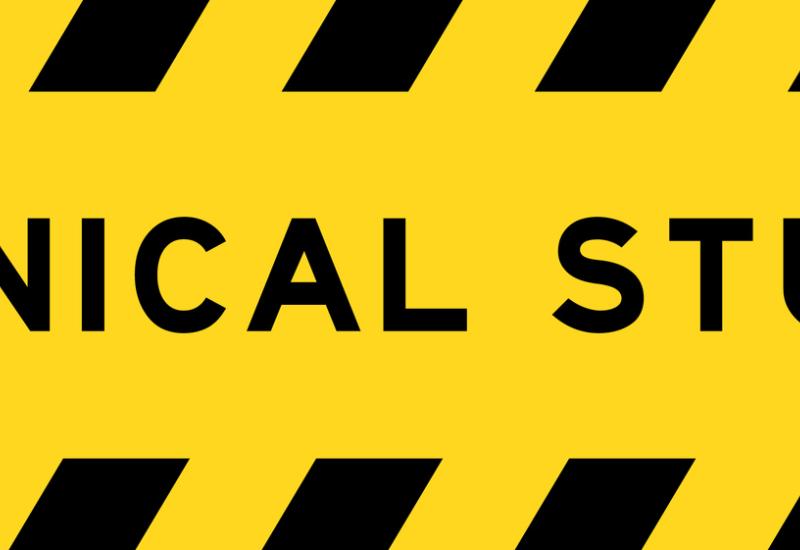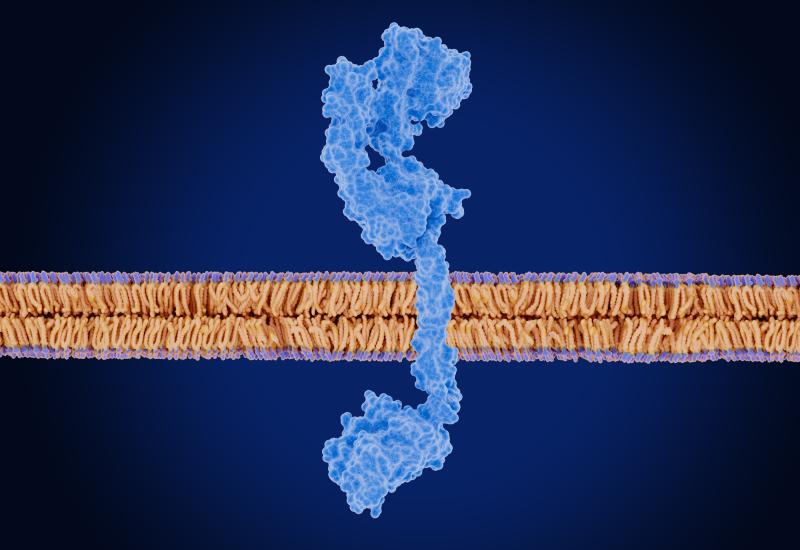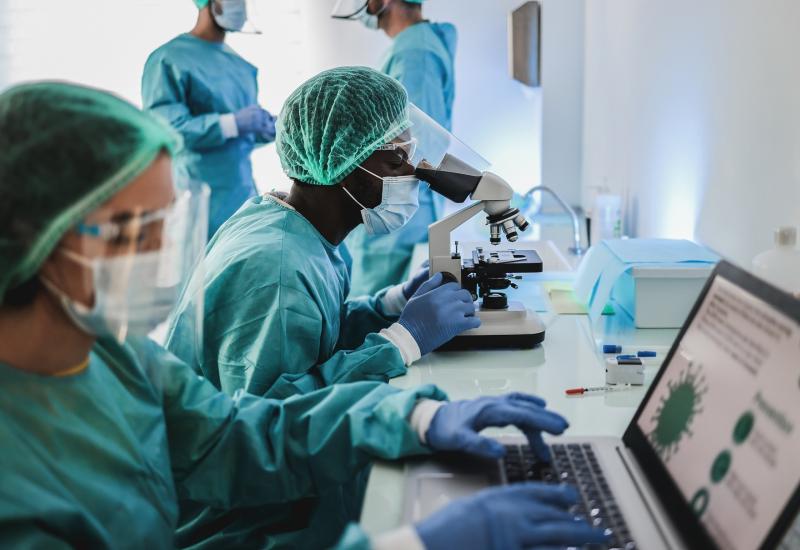
Survival questions delay bemarituzumab
Ocular toxicities could be the reason.
Ocular toxicities could be the reason.

When Amgen and Zai Lab announced positive phase 3 results with their anti-FGFR2b monoclonal antibody bemarituzumab in June, safety concerns were already high. On Wednesday a quiet disclosure by Amgen that the data had unexpectedly worsened means that those worries have only deepened.
In June the companies reported that bemarituzumab plus chemotherapy provided a clinically meaningful and statistically significant improvement in overall survival at a prespecified interim analysis of the Fortitude-101 trial. However, at the Wells Fargo healthcare conference, Amgen revealed that Fortitude-101 showed a decreased overall survival benefit at final analysis.
Surprisingly, the disclosure didn't come as a result of questioning, but was made in prepared remarks by Amgen's chief medical officer, Paul Burton. Zai, for which any delay to bemarituzumab would be a material event, issued a statement on Wednesday, and its shares closed down 6%, and fell another 7% on Thursday morning.
Ocular events
Toxicity issues have long overshadowed this programme. Back in June, Amgen noted that Fortitude-101’s ocular events were “consistent” with those seen in the phase 2 Fight study, where 67% of the patients experienced them, but acknowledged the toxicities appeared with “greater frequency and severity” in the phase 3 bemarituzumab arm.
The latest update suggests these toxicities may have been more severe than initially suggested. Full data will be presented at a future major medical meeting, which should clarify the full extent of these adverse events.
Until then it remains unclear how significant the detriment in Fortitude-101's OS benefit has been. All investors have to go on are Burton's disclosures at the Wells Fargo conference, namely that "at a recently completed final analysis the magnitude of the survival benefit has decreased".
An additional problem is that bemarituzumab's filing appears to have been delayed. As a result of the OS problem both companies now say they will await results from the ongoing Fortitude-102 trial, testing an Opdivo/chemo triplet, which are expected by the end of 2025 or the first half of 2026, before deciding on a regulatory pathway.
While for Amgen bemarituzumab is less important than for Zai, it is nevertheless a high-profile R&D project. Amgen paid $1.9bn to acquire its originator, Five Prime Therapeutics, in 2021, some years after that biotech tied up with Zai over the asset.
Phase 3 trials of bemarituzumab
| Trial | Setting | Regimen | Primary endpoint | Results |
|---|---|---|---|---|
| Fortitude-101 | 1st-line gastric or GEJ* cancers; ≥10% FGFR2b expression | + chemo, vs chemo | OS | Toplined positive at interim analysis, Jun 2025; decrease of overall survival benefit at final analysis |
| Fortitude-102 | 1st-line gastric or GEJ* cancers; ≥10% FGFR2b expression | + Opdivo + chemo, vs Opdivo + chemo | OS & others | Data due by end of 2025/early 2026 |
Note: GEJ=gastro-oesophageal junction. Source: OncologyPipeline.
4506













